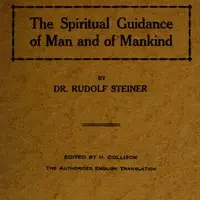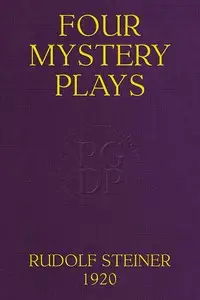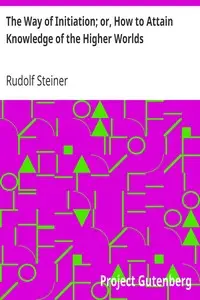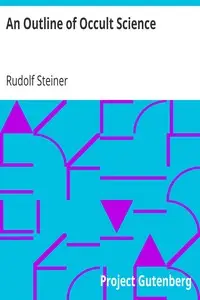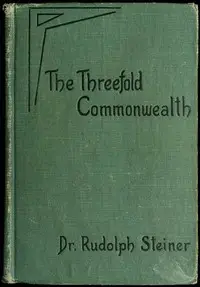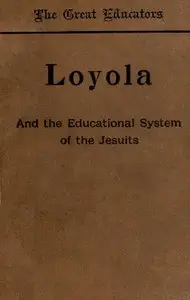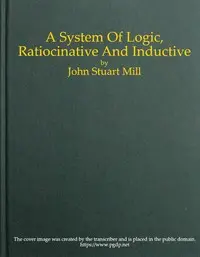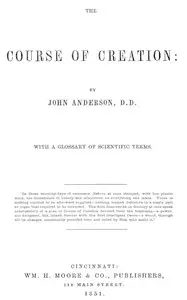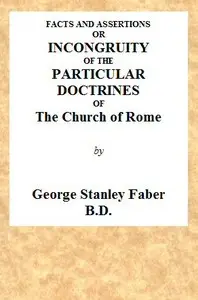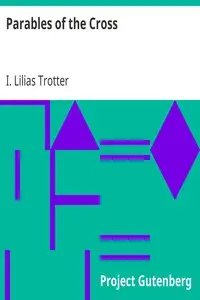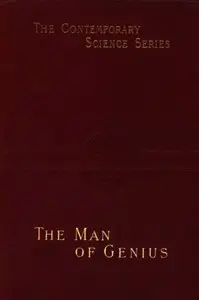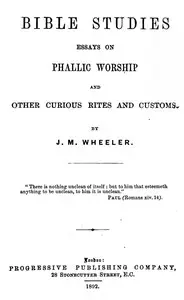"The Education of Children from the Standpoint of Theosophy" by Rudolf Steiner is a philosophical treatise on the intersection of educational methods and the principles of Theosophy, written in the early 20th century. The book explores the nature of the child from a spiritual perspective, positing that education should be grounded in an understanding of human development that transcends conventional materialism. Steiner's work seeks to inform educational practices with insights gained from Theosophical philosophy, emphasizing the significance of holistic growth in children. In this work, Steiner outlines a framework for education that acknowledges the layered nature of human beings. He discusses the physical, etheric, astral, and egoic principles that constitute a person, specifically examining how these aspects evolve through different life stages. Steiner emphasizes key developmental milestones, suggesting that education should evolve with the child, using methods such as imitation for younger children and fostering hero-worship and authority figures in later years. He argues for an environment rich in beauty and inspiration to cultivate the child’s physical and spiritual well-being, ultimately advocating for an approach to education that intertwines moral, emotional, and intellectual growth. (This is an automatically generated summary.)
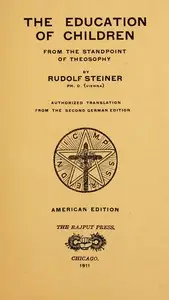
The Education of Children from the Standpoint of Theosophy
By Rudolf Steiner
"The Education of Children from the Standpoint of Theosophy" by Rudolf Steiner is a philosophical treatise on the intersection of educational methods ...
Rudolf Joseph Lorenz Steiner was an Austrian occultist, social reformer, architect, esotericist, and claimed clairvoyant. Steiner gained initial recognition at the end of the nineteenth century as a literary critic and published works including The Philosophy of Freedom. At the beginning of the twentieth century he founded an esoteric spiritual movement, anthroposophy, with roots in German idealist philosophy and theosophy. His teachings are influenced by Christian Gnosticism or neognosticism. Many of his ideas are pseudoscientific. He was also prone to pseudohistory.

